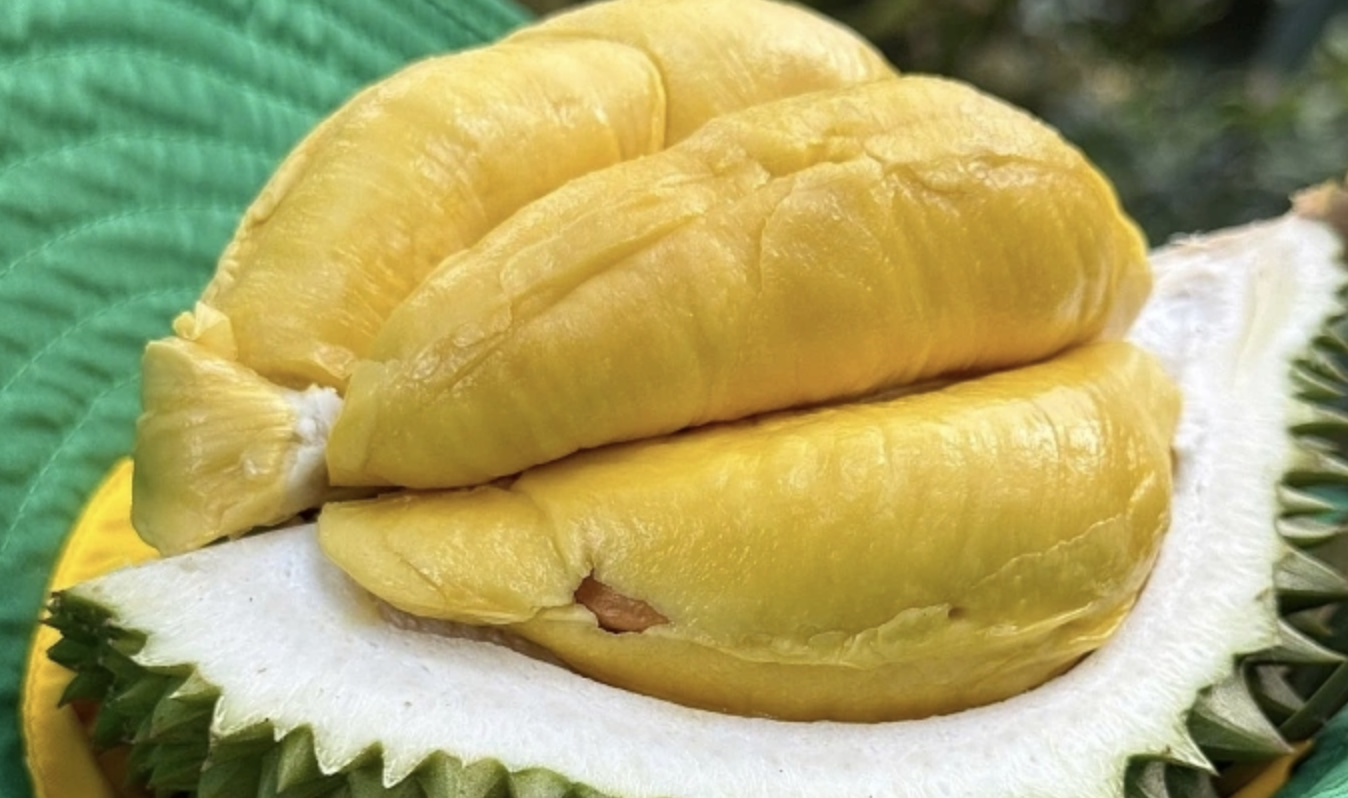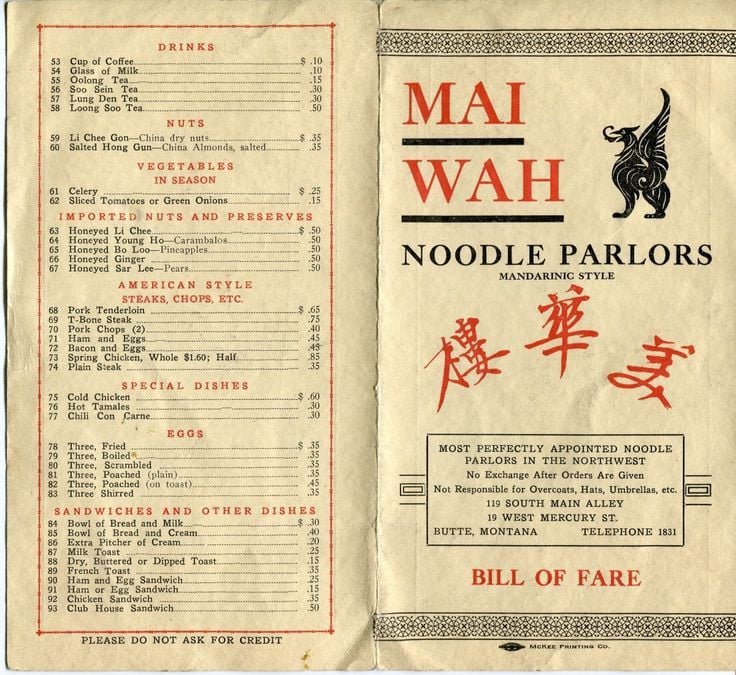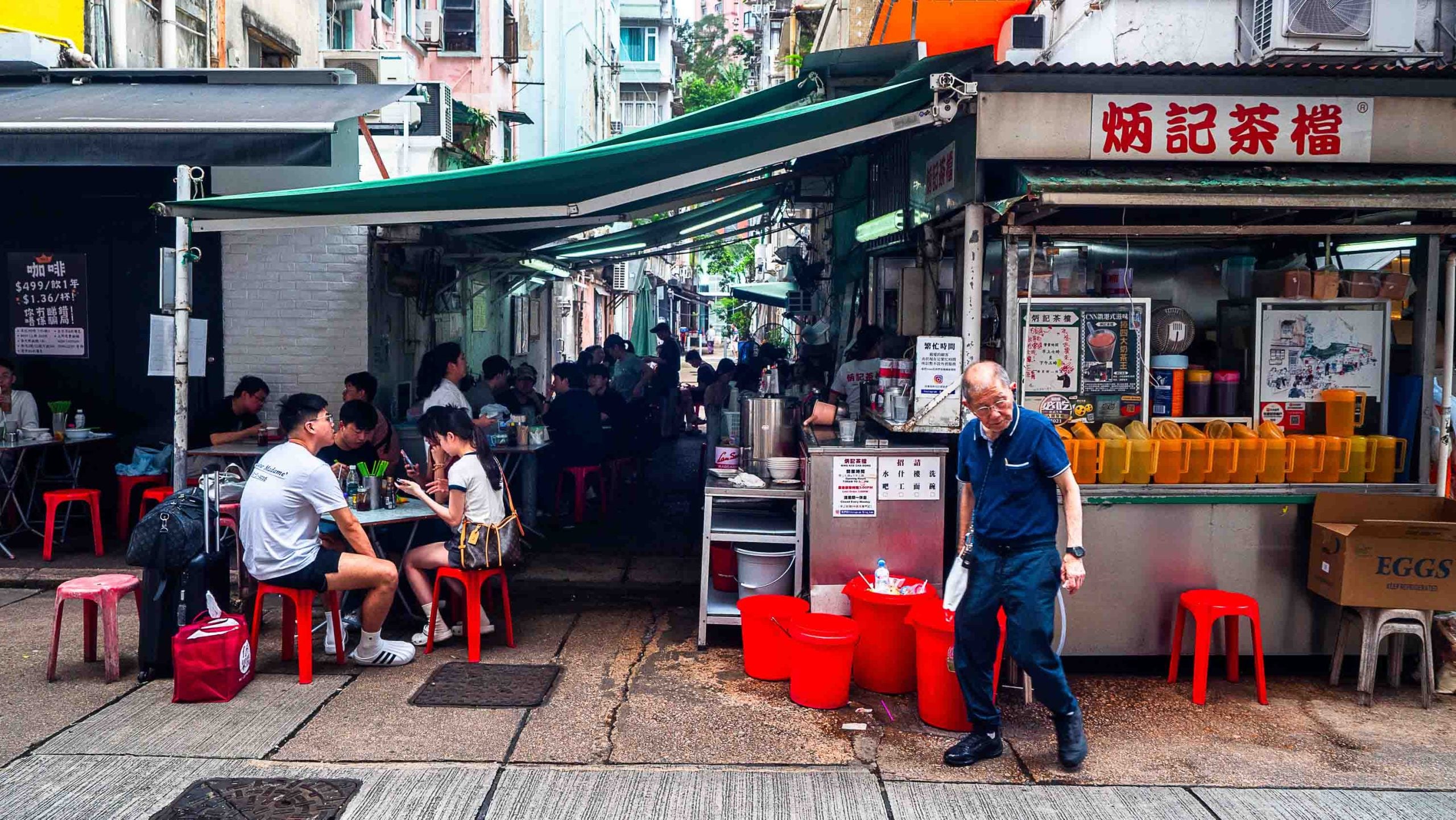Here’s an idea for lunch: durian pizza, roasted eel pasta, and a cranberry smoothie to wash it all down. It might not sound appealing to traditionalists, but this menu — just one of many choices available at Guangzhou-based chain La Cesar — is proof that the age of big data has dawned in China’s food and beverage industry.

La Cesar, which launched to fame — or infamy, perhaps — on the strength of that durian pizza in 2012, has been trying to find ways to stay relevant to the Chinese customer ever since. Now pushing 80 stores, with another 70 set to open by the end of 2018, CEO Chen Ning has abandoned all pretext of listening to chefs, consultants or other traditional sources of new food concepts.
In their place, he has data. Data gleaned from search engine Baidu about what foods and concepts are trending (via “hot words”), combined with the feedback of millions of customers posted on review website Dazhong Dianping, are leading Chen to his more far-fetched-sounding creations. In return, he has received significant investment from marquee investors, including an RMB 60 million (~ $9.5 million USD) investment in 2015 from Sun Qian, a partner in Sequoia Capital’s China fund.

In an interview with news site Jiemian (link in Chinese), Chen drove this point home again and again: data is his new king for research and development, and data will rule his kitchen, regardless of purists, naysayers, and others who say tropical fruits don’t belong on top of a pizza. It’s a theme playing out across the Chinese F&B industry, from the new cashier-less convenience store chain Xing, to this latest iteration with Le Cesar: tech executives are entering the F&B space, and they are not beholden to the way things were done before.
La Cesar CEO Chen Ning says that data will rule his kitchen, regardless of purists, naysayers, and others who say tropical fruits don’t belong on top of a pizza
Chen, who graduated from the University of Electronic Science and Technology, prides himself on the fact that more than half of his senior management have internet backgrounds: a former assistant to Hewlett-Packard’s president; a data scientist from Huawei; a buyer from telecom firm ZTE.
Together, they generate a monthly trend report based on reviews from customers in Shanghai and Shenzhen, the company’s primary markets, combined with data harvested by crawler software that collates food trends on the Chinese internet. So what new innovations has this method spawned?
For one, it led the restaurant to pick up on the coconut trend in China, which they added to their signature durian pizza as well as their drink menu, in the form of a coconut water with chia seeds (another trending ingredient). It also led them to introduce the cranberry smoothie, after analysis in early 2017 showed that sweet and sour flavors would be popular over the summer. In 2016, China became the second-largest export market for US cranberries in the world.

If the process sounds ingredient-led, that’s intentional. Chen has said that the best ingredients are those that are unique and tell a “story,” and identifying those items are the goal of all the data analysis. This is backed up by restaurant sales, which show that La Cesar’s best-selling pizzas are topped with durian, the king of fruits; mango, a very popular fruit in China; eel, which draws on Japanese cuisine; and a variety of black truffles. The company averages one new product a month.
Purists are clearly not the audience for Chen’s durian pizza, but that’s not the point. La Cesar, and specifically the store menu, are worth watching for those keen on understanding what food items are currently trending in China. Judging by a lunch at the restaurant last month, pure milk, strawberries and durian varietals are just three of the latest.
And for the those not keen on trying the king of fruits on a pizza, there’s always La Cesar’s gift shop, which sells a $10 perfume. The scent? Durian and cheese.
—
Cover image: La Cesar/Jiemian
Read more:
 Ex-Alibaba/Dianping Executive Si Jianghua Bets on a Cashierless FutureArticle Jan 19, 2018
Ex-Alibaba/Dianping Executive Si Jianghua Bets on a Cashierless FutureArticle Jan 19, 2018


















